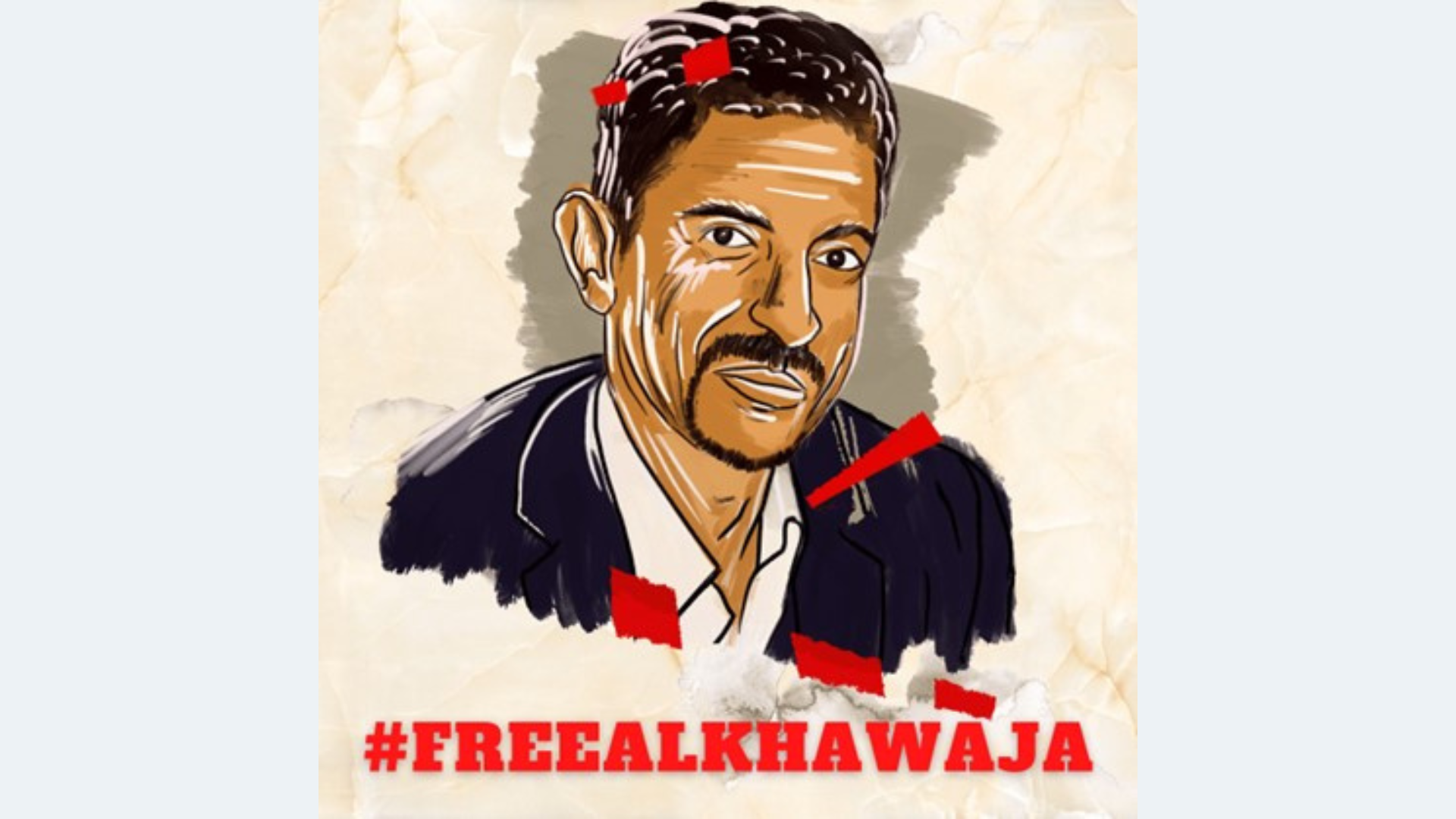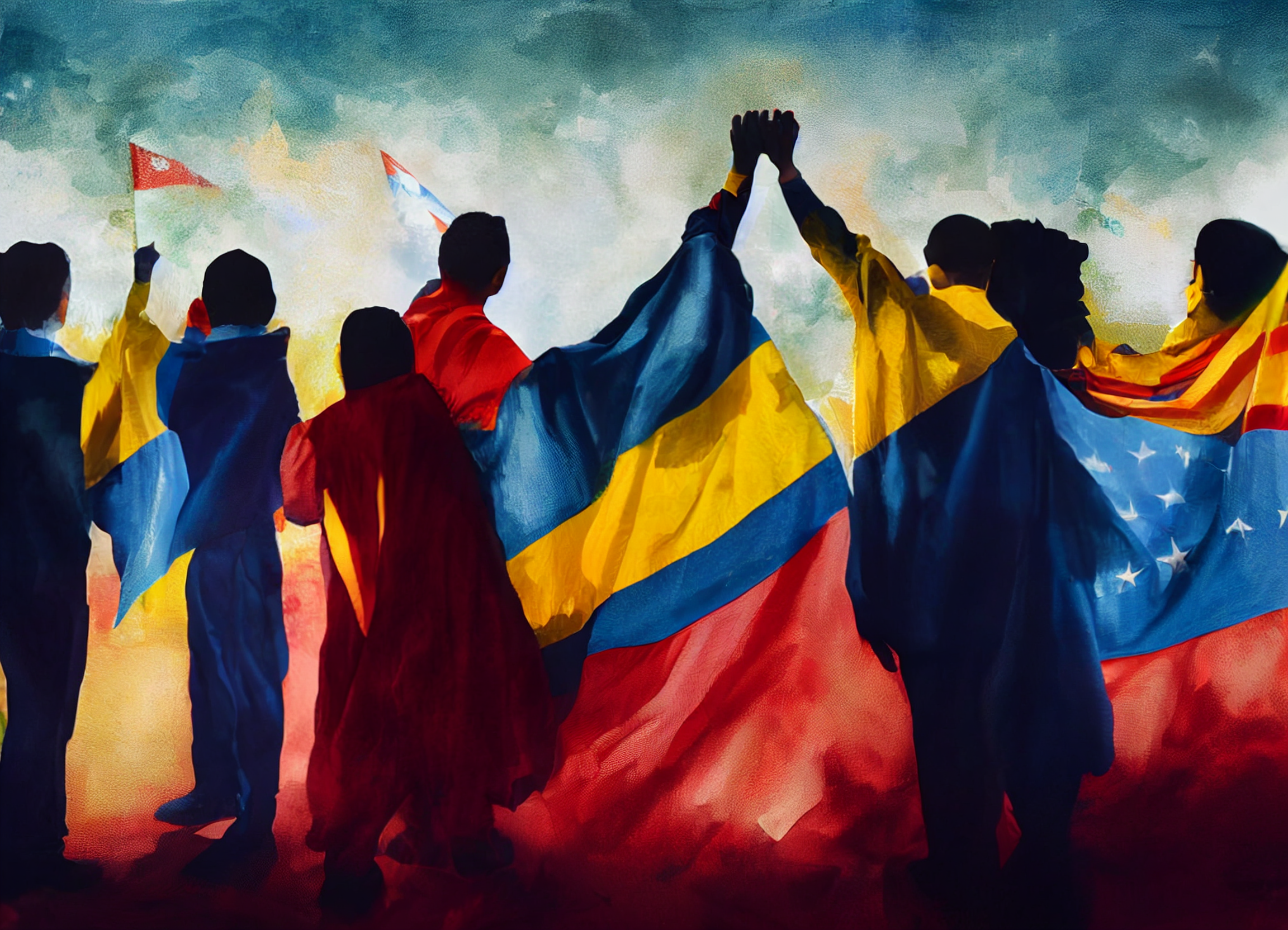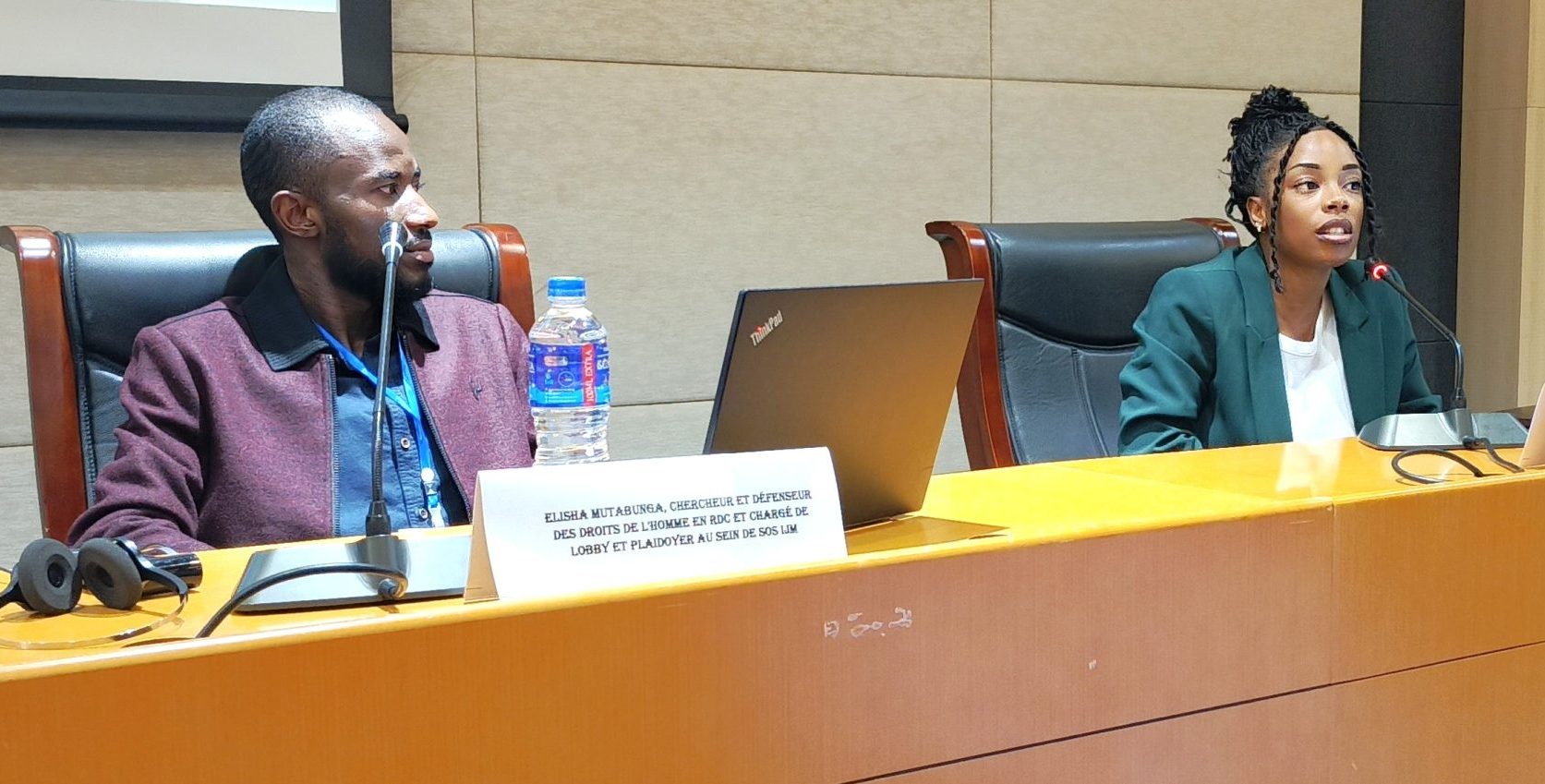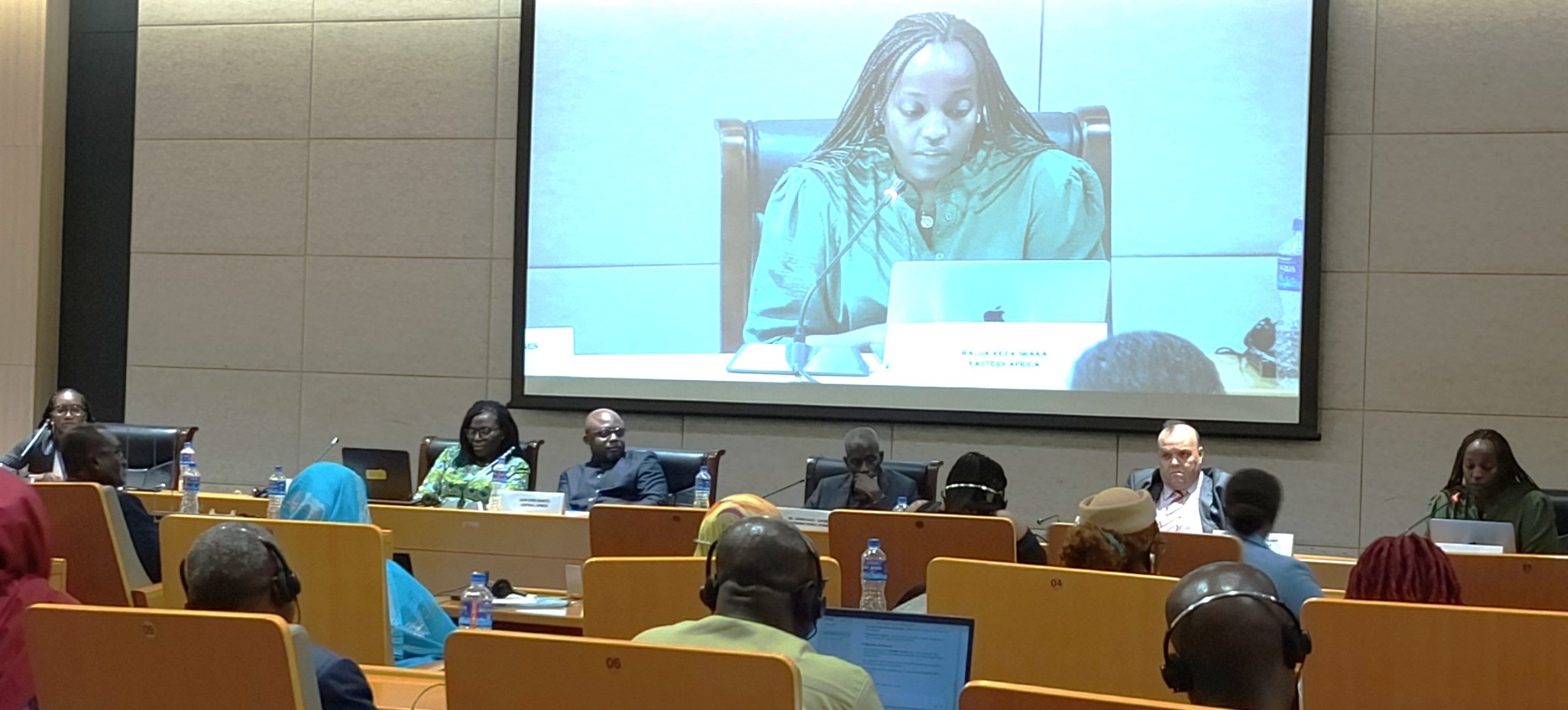A core group of States from Latin America and the Caribbean, and Canada, spearheaded the initiative to renew the Mission’s mandate. The resolution passed by 19 votes in favour, 5 votes against and 23 abstentions. Established by the Council in 2019, the FFM has been tasked with investigating human rights violations in Venezuela since 2014.
Venezuelan and international civil society groups and defenders have welcomed this outcome, as both the Mission and OHCHR have proved effective at highlighting gross violations committed by the Maduro regime. Both bodies have ensured the attention of the international community has remained on Venezuela despite multiple global crises. The Mission has also provided victims of violations with the hope that perpetrators will be held to account.
‘The Fact-Finding Mission is a key mechanism for the documentation of the criminalisation and persecution of civil society in the country,’ said Clara Ramírez, interim director of the human rights organisation FundaRedes. ‘We hope this renewal will put more pressure on the Maduro government and make it clear they will not escape accountability for their crimes,’ she added.
Download as PDF
Ramirez’s colleague, FundaRedes director Javier Tarazona, has been arbitrarily detained since his arrest by the Bolivarian National Intelligence Service (SEBIN) in 2021. The FFM found that Tarazona had been subject to torture and that there has been political interference during his detention.
‘The renewal of the Mission is a clear signal to Caracas: authorities will not escape scrutiny for the violent and unrelenting crackdown on all forms of opposition, real or imagined,’ said Eleanor Openshaw, Programme Director for the International Service for Human Rights (ISHR). ‘As the Mission continues to gather information, States and international civil society groups must keep up the pressure to ensure authorities are held accountable for each and every single violation documented by the Mission experts.’
With general elections scheduled to take place in 2024, rights groups expect the FFM might deter authorities from further escalating its campaign against opponents. ‘The FFM plays a key preventative role in making gross violations of civil and political rights visible,’ said Wanda Cedeño, coordinator of Voto Joven, a group aiming to strengthen democratic processes in Venezuela.
In its latest report, the FFM detailed how Venezuela’s security services, including the SEBIN, committed violations amounting to crimes against humanity acting on orders emanating directly from President Nicolás Maduro. According to Venezuelan NGO Centro para los Defensores y la Justicia, there were 50 attacks or security incidents involving human rights defenders in the country in July 2022 alone, marking a sharp increase.
On 11 October, States at the UN General Assembly (UNGA) will vote to renew 14 of the Human Right Council’s 47 seats, including 2 seats allotted for the Latin America and Caribbean States group. Despite the pattern of abuses brought to light by the FFM and the testimonies of countless activists and ordinary citizens, Venezuela, a sitting member of the Council, is running for reelection. We urge States to only elect countries that have a track record of upholding and defending human rights and of willful and sustained cooperation with the Council and other international human rights bodies.




